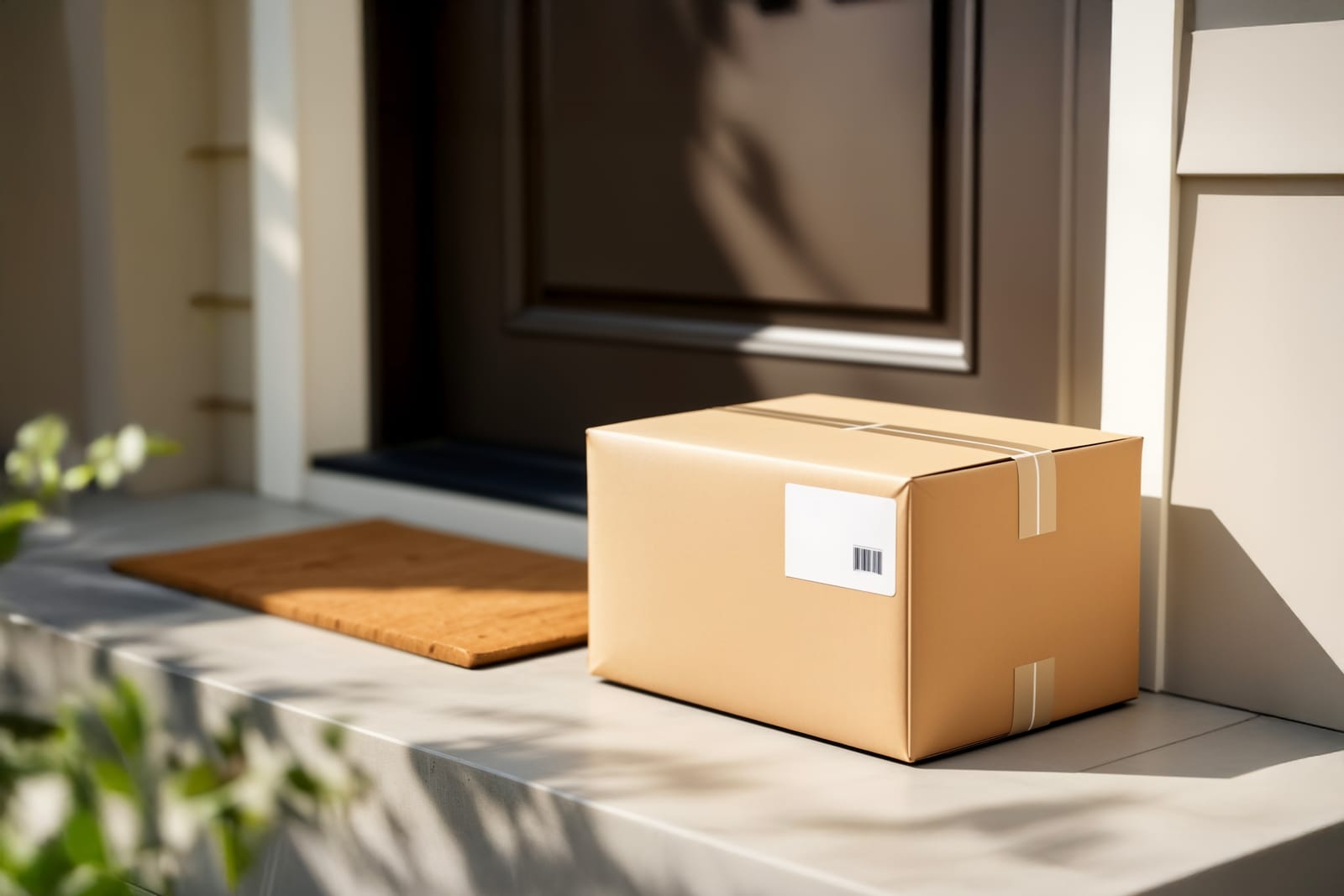Common challenges in last mile logistics
1. Urban congestion
Traffic congestion in urban areas significantly impacts delivery times. Navigating densely populated cities requires precise route optimisation to minimise delays and fuel consumption.
2. High delivery costs
The fragmented nature of last mile logistics, with multiple stops for small parcel deliveries, drives up costs. Fuel, driver wages, and vehicle maintenance are major contributors.
3. Customer expectations
With the rise of eCommerce, customers demand faster and more flexible delivery options. Meeting these expectations while maintaining profitability adds another layer of complexity.
4. Failed deliveries
Missed or failed deliveries due to incorrect addresses, customer unavailability, or other issues lead to increased costs and lower customer satisfaction.
5. Sustainability pressures
Last mile logistics has a significant environmental footprint. Businesses face growing pressure to adopt eco-friendly delivery methods, such as electric vehicles or bicycle couriers.
Possible strategies for optimising last mile logistics
1. Route optimisation technology
Advanced route planning tools can reduce travel time, fuel usage, and costs by identifying the most efficient delivery routes. Real-time traffic data further enhances accuracy.
2. Dynamic delivery models
Offering flexible delivery options, such as time-slot deliveries or pick-up lockers, reduces failed delivery attempts and aligns with customer preferences.
3. Micro-fulfilment centres
Locating smaller fulfilment centres closer to customer clusters enables faster delivery times and reduces transportation distances, improving both efficiency and sustainability.
4. Real-time tracking and communication
Providing customers with real-time tracking updates and proactive communication enhances transparency and reduces delivery uncertainty.
5. Leveraging technology for automation
Automated solutions, such as drones, autonomous vehicles, and robotics, are increasingly being adopted to handle last mile deliveries more efficiently.

Enhancing last mile performance with the right partners
An often-overlooked factor in successful last mile logistics is the selection of reliable last mile carriers and freight brokers. While technology and strategy play pivotal roles, the execution ultimately depends on the capabilities and responsiveness of these delivery partners.
For businesses looking to scale or diversify their logistics operations, working with a freight manager can offer substantial benefits. Freight managers act as intermediaries between shippers and carriers, helping to match loads with the most appropriate delivery resources. TIG Freight, for example, provides access to a broad network of pre-vetted carriers, ensuring faster, more cost-effective solutions that align with client-specific requirements.
As one of the most trusted freight managers in Australia, we offer local expertise backed by smart technology to streamline freight movements across the country.
On top of this, emerging trends in final mile carrier delivery are reshaping how goods reach consumers. From electric delivery vans to smart lockers and on-demand delivery platforms, businesses are increasingly relying on freight professionals who can navigate this evolving landscape. By leveraging the right carrier networks and management services, organisations can enhance flexibility, reduce missed deliveries, and strengthen their competitive edge in the last mile.
The role of data in last mile optimisation
Data analytics plays a crucial role in streamlining last mile logistics – analysing delivery times, routes, and customer feedback provides actionable insights to improve processes. Predictive analytics can also forecast demand, enabling businesses to allocate resources more effectively.
How we support last mile logistics
At TIG Freight, we specialise in providing tailored solutions to address the complexities of last mile logistics in Australia. Our technology-driven approach includes advanced route optimisation, real-time tracking, and seamless integration with existing systems.
By leveraging our expertise, businesses can reduce costs, improve delivery performance, and enhance the overall customer experience. If you’re looking to streamline your last mile logistics operations, contact us today to learn more about our tailored solutions.



